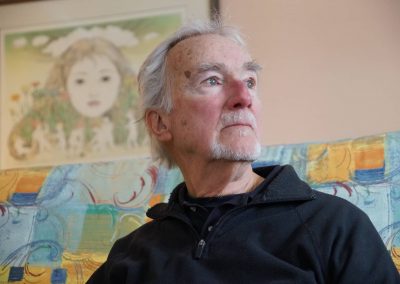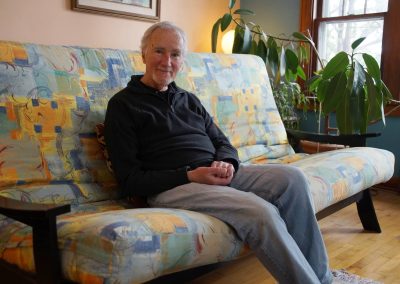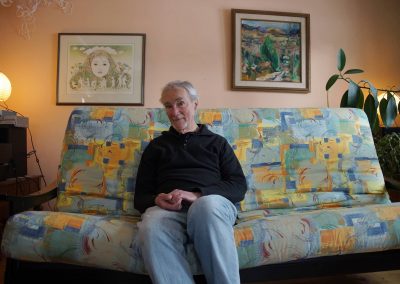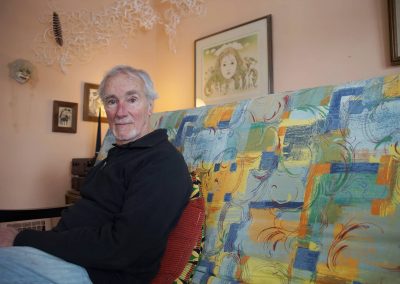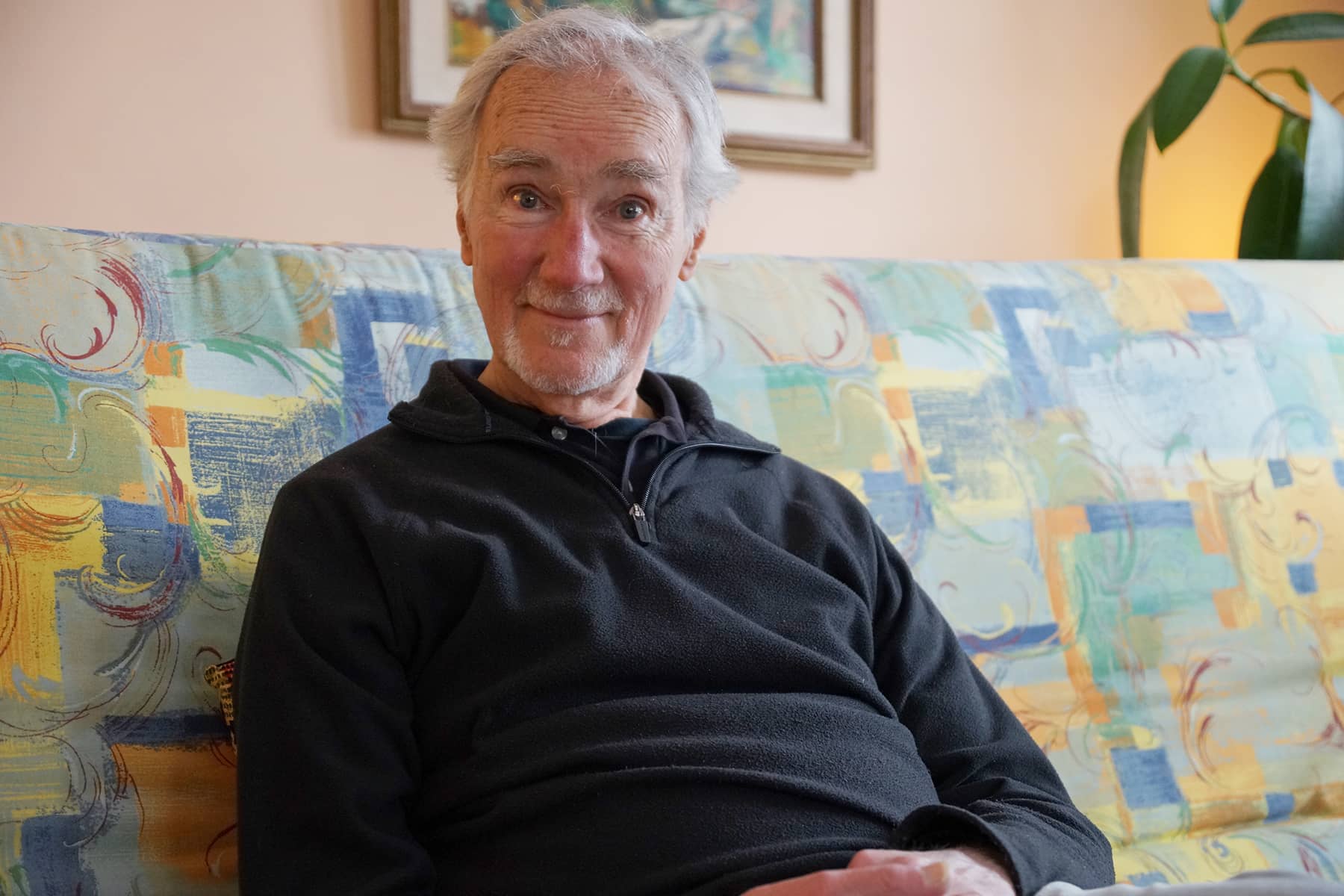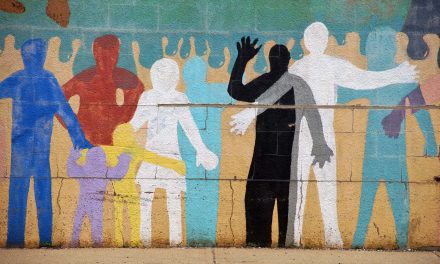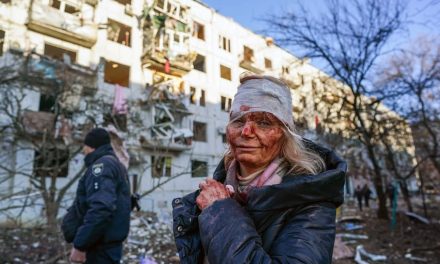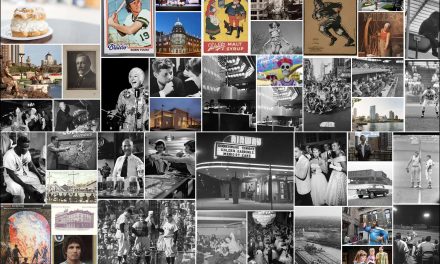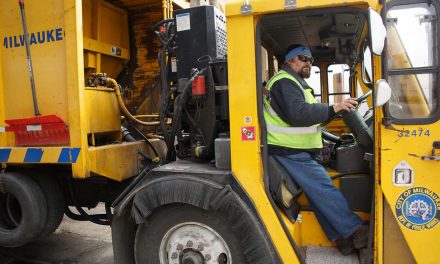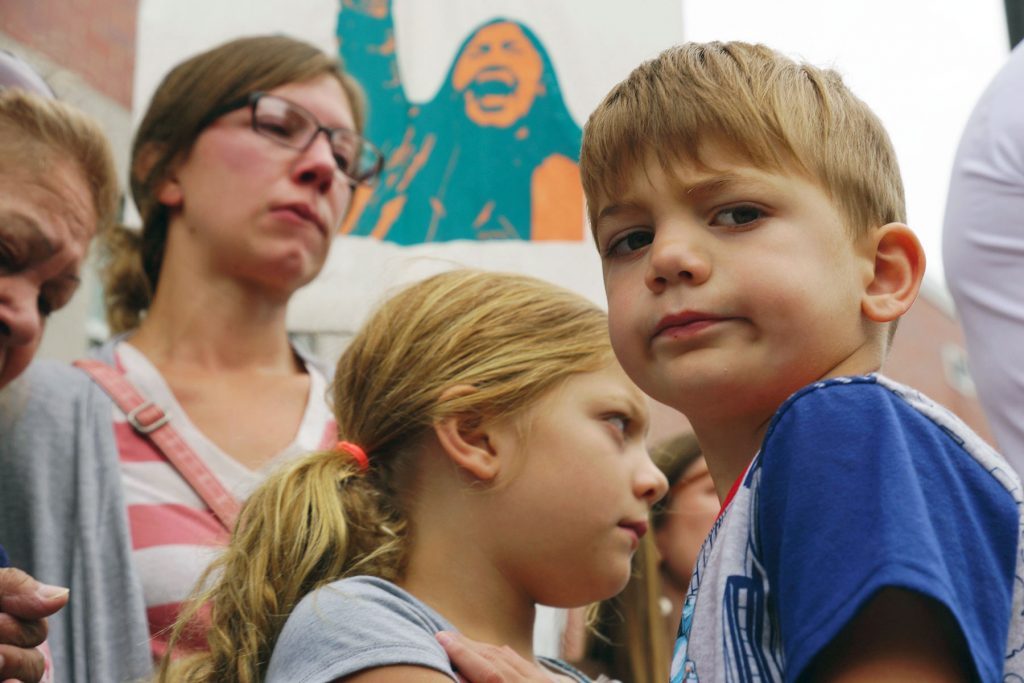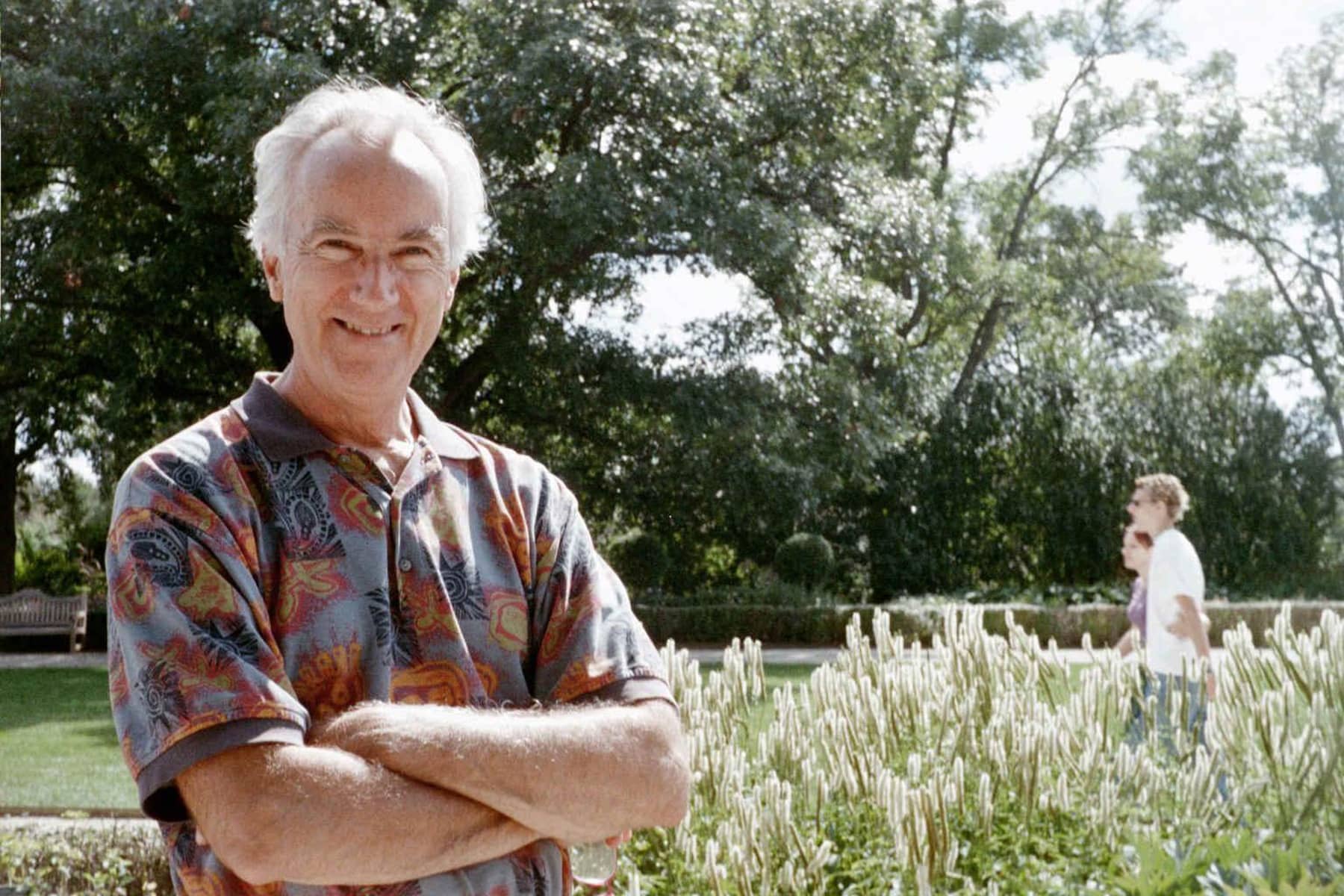
William H. “Bill” Sell, 83, a prominent lifelong activist for Civil Rights, peace, and progressive environmental and transportation policies, died peacefully on September 1 in his Bay View home. He had been under the care of his son, David Sartori, and home hospice.
Sell was born on November 4, 1938, the second of eight children of Alice Olga (Roecker) Sell and George Peter Sell – including the two youngest two, a son and daughter, who died shortly after birth.
He is survived by his son, David; by his brother David of Hyogo-ken, Japan; and his sister Susie (Sell) Shannon of Muskego, Wisconsin. He is also survived by numerous nieces and nephews and by an extended family that includes many friends in the Milwaukee area and around the globe. He was preceded in death by his parents and by brothers George, Robert and Harvey Luke.
Sell attended St. Francis de Sales Seminary in St. Francis, and Catholic University in Washington DC, where he earned two master’s degrees. He was ordained a Catholic priest in the 1960s and served the community at St. Catherine’s Parish in Milwaukee until 1969, when he left the priesthood.
Sell was among Milwaukee’s religious community of Civil Rights, anti-war and social justice activists. He was an associate of civil rights leader Father James Groppi, and of members of the “Milwaukee 14,” a group of religious-based anti-Vietnam War activists who staged a prominent action in 1968.
Sell worked for several nonprofit agencies, including one he formed called the Center for International Life. In 1983 he founded The Last Word, an editing/transcribing business based in downtown Milwaukee that served authors and editors nationwide until 2020.
Before moving to Bay View in the late 1980s, Sell lived in Milwaukee’s Riverwest and Lower East Side neighborhoods.
In 2007, Sell was honored by the Shepherd Express as “community activist of the year” for his advocacy for 21st-century transit infrastructure and dedication to community. Sell regularly rode his bicycle and used mass transit. He had not owned a motor vehicle, or television, for decades — but was an early adopter of communication technologies.
In 2016, the Milwaukee Independent published a profile titled, Bill Sell: Bay View’s Social Conscience and Champion of Building a Better Community.
In that interview, Sell spoke about his advocacy: “Activism seems to have been in my blood since I grew up in a working-class household. My Dad was a steward and became president of a local union … Fast forward to my years after school … I joined the Civil Rights marches, including one brutal march into the South Side. I helped get [civil rights advocate] Father Groppi involved in the anti-war movement … We became better acquaintances later on, after he left parish work.” He added “My blood is the same these days, just shifting to other targets.”
In 2016, Michael Horne wrote in Urban Milwaukee: “Sell was one of the earliest advocates for bicycling over the Hoan Bridge, which is not to say his life is filled with disappointments. His constant advocacy for social justice and transportation issues is well-documented in his numerous writings, and through his efforts and those of others, the bicycling situation in Milwaukee continues to improve.”
Sell was a founding member of the Bay View Neighborhood Association – which launched the “Chill on the Hill” outdoor concert series and the annual Bay View Bash celebration, and founder of Transit Matters. He also served on the steering committees for the Coalition for Advancing Transit, and more recently for Jane’s Walk MKE. He was a longtime member of the Wisconsin Bike Fed and supported numerous community, media, and environmental organizations.
Sell used his writing skills to shine light on civic issues of concern to him, and the common good, in many published opinion pieces, and in directly lobbying decision makers. He also wrote and published creative writing, including poetry.
He signed his emails in recent years with this quote: “Be kind; for everyone you meet is fighting a great battle.” – Philo of Alexandria.
In keeping with his environmentalism, Sell chose to have a “green burial” at Milwaukee’s Forest Home Cemetery.
© Photo
David Sartori and Lee Matz

